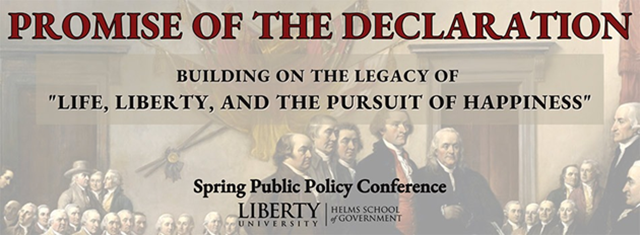Location
Constitutionalism
Level of Education
Undergraduate
Keywords
Natural Law, ius gentium, Corpus Juris Civilis, Code of Justinian
Abstract
Few civilizations have influenced the contemporary world more than the Romans, and the same can be said regarding the field of law. Today, legal foundations throughout the West are built upon the Roman legal system, with the Code of Justinian—also known as the Corpus Juris Civilis—being arguably the most influential. This work compiled and simplified centuries of Roman law to ensure a more efficient jurisprudence, and due to its survival, it would form the foundation of the modern jurisprudence. However, at the same time this work was written, the empire had changed significantly with the adoption of Christianity. This adoption brought with it the adoption of Judeo-Christian values that at times contradicted the Greco-Roman foundational values of the Empire. Thus, this paper looks to discern if there is a positive correlation between the incorporation of Christianity into the empire and the alteration of Roman values—as expressed through the law—regarding natural law and human rights.
Through comparing the Corpus Juris Civilis to both traditional Roman legal documents, like the Twelve Tables, and Judeo-Christian documents, like the Bible, clear alterations in Roman natural law were found. Through Christian beliefs, such as all people being made in the imago Dei, a greater emphasis on human rights and equality are seen within the Corpus Juris Civilis than among earlier Roman legal documents. Most significant among the Christian influence on Roman natural law was the changing of the belief of natural law being applied equally among people rather than consistently across nations. The three areas in which this change in the view of natural law is seen is with the increased rights and access to emancipation for slaves, increased rights of women, and the increased protection for children. This reflects the Christian influence on Roman natural law and that the Corpus Juris Civilis is partially a Christian document, and thus that the foundation of contemporary jurisprudence is not just Roman, but Christian.
Included in
Civil Law Commons, Civil Rights and Discrimination Commons, Family Law Commons, Human Rights Law Commons, Legal History Commons, Natural Law Commons
Christian Influence on Roman Natural Law in the Corpus Juris Civilis
Constitutionalism
Few civilizations have influenced the contemporary world more than the Romans, and the same can be said regarding the field of law. Today, legal foundations throughout the West are built upon the Roman legal system, with the Code of Justinian—also known as the Corpus Juris Civilis—being arguably the most influential. This work compiled and simplified centuries of Roman law to ensure a more efficient jurisprudence, and due to its survival, it would form the foundation of the modern jurisprudence. However, at the same time this work was written, the empire had changed significantly with the adoption of Christianity. This adoption brought with it the adoption of Judeo-Christian values that at times contradicted the Greco-Roman foundational values of the Empire. Thus, this paper looks to discern if there is a positive correlation between the incorporation of Christianity into the empire and the alteration of Roman values—as expressed through the law—regarding natural law and human rights.
Through comparing the Corpus Juris Civilis to both traditional Roman legal documents, like the Twelve Tables, and Judeo-Christian documents, like the Bible, clear alterations in Roman natural law were found. Through Christian beliefs, such as all people being made in the imago Dei, a greater emphasis on human rights and equality are seen within the Corpus Juris Civilis than among earlier Roman legal documents. Most significant among the Christian influence on Roman natural law was the changing of the belief of natural law being applied equally among people rather than consistently across nations. The three areas in which this change in the view of natural law is seen is with the increased rights and access to emancipation for slaves, increased rights of women, and the increased protection for children. This reflects the Christian influence on Roman natural law and that the Corpus Juris Civilis is partially a Christian document, and thus that the foundation of contemporary jurisprudence is not just Roman, but Christian.



